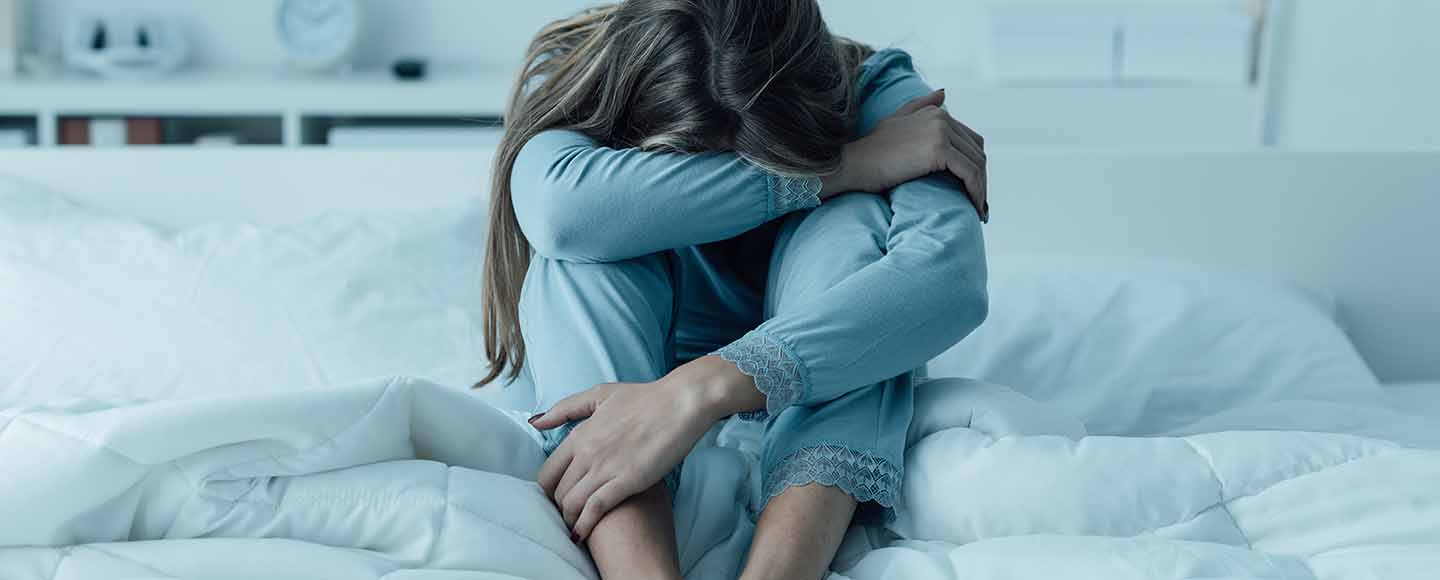 Most of us have experienced insomnia at one time in our lives. However, quite a number of people have chronic insomnia.
Most of us have experienced insomnia at one time in our lives. However, quite a number of people have chronic insomnia.
Insomnia is not defined by the number of sleep a person gets as we vary widely in sleep practices and needs but it is defined as disrupted sleep on at least three period nights for more than a month. NursingSchoolsNearMe.com, a nursing careers' website, links insomnia with a wide range of health problems such as depression, anxiety, heart attack, head attach, osteoporosis, headache and rheumatoid arthritis.
Fortunately, there is treatment for insomnia and it is often effective. If you have chronic insomnia, you should seek help from a physician. He or she may offer some helpful tips or refer you to a sleep specialist. A specialist may suggest lifestyle changes, medication or cognitive behavioral therapy for insomnia.
A sleep specialist begins the diagnosis by determining the root of your insomnia. Most of us experience sleeplessness when stressed but there are many other causes of insomnia. Here is a look at the most common.
In this Guide
Chronic Pain
Any condition that causes body pain can disrupt sleep. Fibromyalgia, acid reflux, low back pain and arthritis are some of the conditions that can keep you awake at night and losing sleep only makes them worse.
If you are experiencing insomnia due to any form of chronic pain, you should seek treatment from a sleep specialist along with a doctor to help you manage the pain.
Medications
Prescription drugs such as certain antidepressants, medication for blood pressure or asthma and over the counter medications such as pain medication, cold and allergy medications as well as weight loss products can interfere with sleep by either blocking the production of melatonin, disrupting REM sleep or tampering with the natural levels of various enzymes in the body.
Luckily, you can get less disruptive alternatives to most of the insomnia causing medications. So request for a change from the doctor if you experience sleep problems after taking any drugs.
Anxiety and Stress
In order to fall asleep, your mind should be clear and calm so as to help the body slow down and prepare to sleep. This means letting go of everything. If your mind is still active, you will have a big problem falling asleep.
There are many things that can make your brain to remain active, such as:
- When going through depression
- When morning a loved one
- When excited
- When having relationship problems
- When worried about an upcoming or past event etc.
The mind is able to tell the difference between an imagined event and a real one. Therefore, if you are imaging going on a vacation or failing to meet an important deadline, the body reacts the same as if it were actually happening.
Learning to relax before going to bed can combat stressful thoughts. There are many relaxation techniques that you can practice before going to bed. For example, you can relax using a white noise machine.
Eating and Drinking Habits
What you eat and drink close to bedtime can unknowingly cause sleeplessness. Experts recommend cutting the intake of caffeine at least six hours to bedtime. Keep in mind that drinks such as decaf coffee and chocolate also contain caffeine.
Alcohol should also be avoided. Though it will help you fall asleep immediately, you are more likely to wake up in the night.
A heavy meal close to bedtime is too taxing to the digestive system hence should not be taken too close to bedtime. It may also result to heartburn, which will certainly keep you up.
Neurological Diseases
According to the National Institute of Neurological Disorder and stroke, people suffering from brain conditions like stroke, Alzheimer's, Parkinson's disease often have sleeping problems. This is due to the changes that take place in the brain regions and chemicals that cause sleep or from the drugs used to relieve the symptoms of these conditions.
Allergies
Stuffed nose and itchy eyes can certainly affect sleep on a consistent basis. This is according to a 2006 study that suggested allergies and insomnia might be related.
Sleep specialists recommend strict adherence to good sleep hygiene; quiet, dark and cool bedroom, leaving electronics out of the bedroom and allergy symptom alleviation; regularly changing beddings and showing before bed is key.
Other Disorders
About 5-10 per cent of people have Restless legs syndrome (RLS). This condition causes sensations in the legs, which is uncomfortable and can prevent a person from falling asleep. Even after treatment to alleviate the desire to move the legs, sleeplessness may still continue due to high levels of a neurotransmitter that is involved in arousal.

